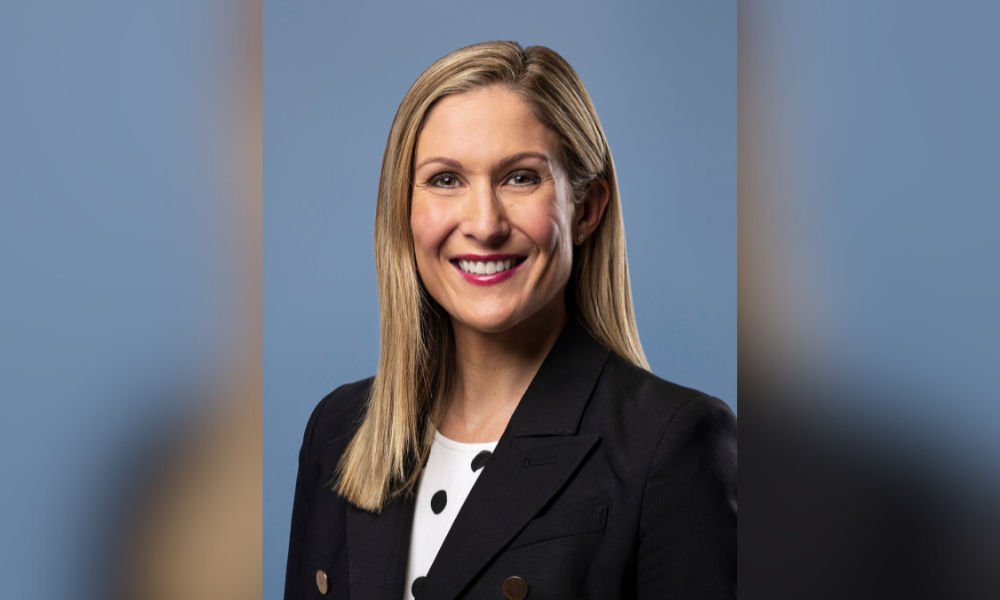
Marlia Saunders on how the case can disincentivise people from trying to profit from defamation

Earlier this week, Thomson Geer partner Marlia Saunders discussed her leadership role on the legal team that helped Network Ten to a victory over Bruce Lehrmann in Federal Court. Saunders highlighted how the ruling can set a precedent for how sexual assault and domestic violence cases are handled moving forward, and how the team worked against a tight deadline.
In the second part of this interview, Saunders discusses the mainstream attention on the trial that she believes has educated the public on how lawyers work, and why the suit is a cautionary tale for those who are trying to make money off defamation proceedings.
It’s really educated the public about these types of matters and how lawyers work. They got to see firsthand how a courtroom operates and how legal practitioners run these types of cases. So it's meant that there's been a lot of public commentary in the media, on social media, about these issues. I think it's good and bad, and it's been interesting to watch it play out.
I do think that this case has to have an impact on prospective plaintiffs who are thinking about commencing defamation proceedings. I think it's a real lesson that people need to be really cautious in bringing on unmeritorious claims because there is a lot to lose reputationally, and in consideration of the huge costs involved in defamation cases. I think this will provide a disincentive to people who think that they can just commence defamation proceedings and make some money out of it.
The court’s decision is reserved at the moment, but there'll be more to come on that.
Absolutely. It's been the most intense case I've ever worked on. It involved a lot of unique issues that we've had to grapple with. We've had an extension of time application. We've had submissions about whether there should be a jury in the case, which would have been the first time that a jury has heard a defamation case in the Federal Court. We had expert evidence from a lip reader – I understand that was the first time it has occurred in an Australian court. We had that 11th hour reopening of the case, just days before the judgment was due to be delivered. We had so many twists and turns along the way.
We had to turn around things very urgently, and given the public scrutiny, to a very high standard as well. So I feel like our team did an incredible job – we worked together really well, and we worked so hard. So I am really proud of the work that we did. I'm so pleased with the outcome, because I think it was the right outcome. And I'm really pleased that Brittany can finally get the vindication she deserved.
It’s not so much something that I learned, but I think that something that's really come to the forefront in this case is the importance of the implied undertaking. The Harman undertaking came up quite a few times throughout the proceedings – that obligation to only use documents that have been produced under compulsion in the proceedings, such as via subpoenas or discovery, for the purposes of those proceedings and not for an ulterior purpose. So that's been a really good reminder to legal practitioners throughout the country, to always bear those obligations in mind and to be advising clients on those obligations.
We also always try to be really supportive, as the issues in these proceedings were very delicate. And I was always very concerned about the mental health of our team and of the witnesses we called while dealing with these issues. So we always tried to provide support and check in with people throughout the process. I thought it was a really important learning for me as a partner and as a manager in terms of looking after my team.